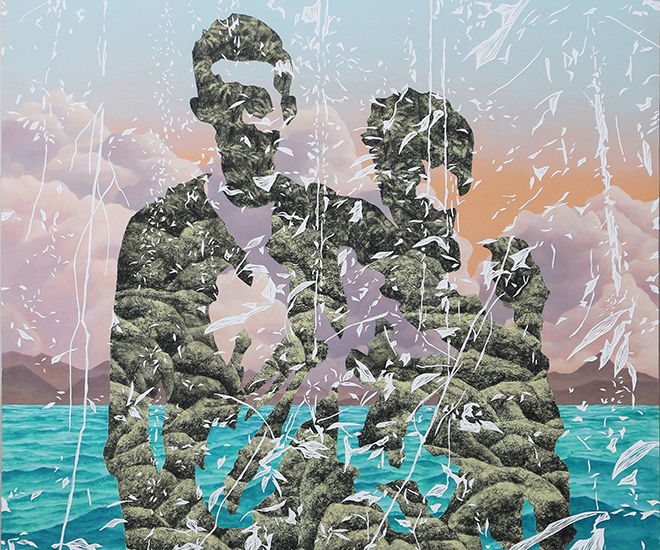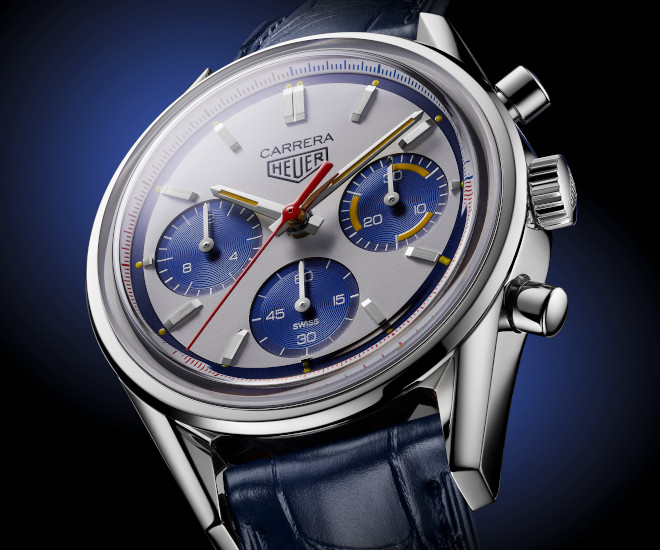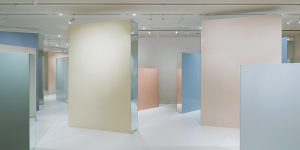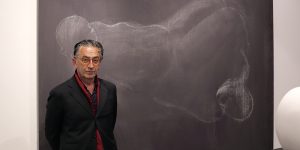Opera Gallery: 4 Italian Contemporary Artists
Art Republik takes a look at Italy’s finest: Marcello Lo Giudice, Umberto Mariani and Gianfranco Meggiato.
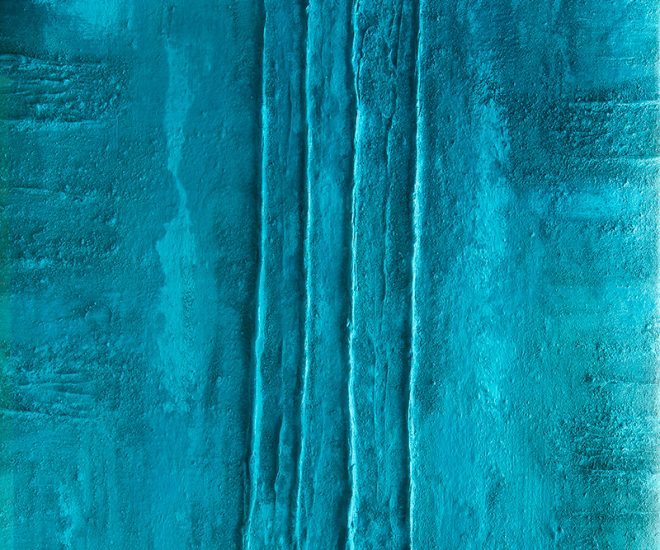
Opera Gallery Singapore recently presented a group exhibition titled ‘Italian Contemporary Art’, from 3 to 19 June 2016, in recognition of the great influence Italian art has had over the European and world art scenes. Exploring different styles and media in the contemporary Italian art scene, the exhibition showcased works by Marcello Lo Giudice, Umberto Mariani and Gianfranco Meggiato.
Marcello Lo Guidice (b. 1955), born in Taormina, Sicily, is an Italian contemporary artist. He graduated from the University of Bologna in 1988 with a degree in geology before attending the Academy of Fine Arts in Venice. Structured by thick layers of pigment and coating, buried and re-emerging under various phases of scratching, abrasions, removals and levels, Lo Giudice’s sedimentary canvases give shape to the matter and inconsistent bodies of hue and material. A graduate of geology, the artist’s works bring attention to the cyclical alliance between man and matter. Lo Giudice participated in the Venice Biennale in 2009 and 2011, and has exhibited in numerous exhibitions throughout the world. His works can be found in major public collections and museums including the MoMa, Zagreb; The Museum of the Ministry of Foreign Affairs, Rome; John Elkann Collection, George Segal Collection, Phillip Morris, Switzerland, among many others.

La Forma Celata (detailed view), Umberto Mariani.
Umberto Mariani (b. 1936), born in Milano, is a post-World War II multimedia artist. He graduated from the Accademia di Brera and he currently lives and works in Milan; not to mention he has become the subject of academic essays by virtually every critic in Italy. Recognised for his affinity to the folds of textiles, Mariani’s work was inspired by the Classical Greek statues he grew up observing on the streets of Italy. Fascinated by the delicate folds of fabric carved out of white marble, Mariani developed a desire to manipulate the material. His first monumental narrative work in the 1960s was for the St. Peter’s Basilica in the Vatican, and in the 1970s, he exhibited widely in prominent institutions in Europe such as the Palais des Beaux Arts in Brussels and the Musée Moderne in Paris. Best known for his complex draperies on irregular-shaped canvases, his work explores illusions of light and shadow created within the folds of fabric.
Gianfranco Meggiato (b. 1963), born in Venice, is a sculpture artist. He attended the Istituto Statale d’Arte art college where he studied sculpture. At only 14 years old, Meggiato began exhibiting his artworks. Early on, he participated in two collective art exhibitions in 1979 and 1984 at the Galleria Comunale Bevilacqua La Masa in Venice. Since then, the artist has participated in many exhibitions both in Italy and abroad, and has gained worldwide recognition in Europe. Influenced by the undulating lines and reflective ponds of his homeland, Meggiato’s sculptures capture the essence of the Venetian bronze. Using the ‘lost wax’ process, a method of casting in which molted metal is poured into a mould that has been created by a wax model, the artist’s sculptures are preoccupied with the void rather than the surface. Contemplative and energetic, Meggiato’s sculptures are evocative of a classic tradition seeped in contemporary meaning.

Matrix D, Gianfranco Meggiato
Visually stimulating and intellectually sophisticated, these artists manipulate the surface of their works, exploring the influence of light and shadow on monochromatic surfaces and experimenting with the void rather than the surface. The resulting works are evocative of a classic tradition seeped in contemporary meaning.
This article was first published in Art Republik.

